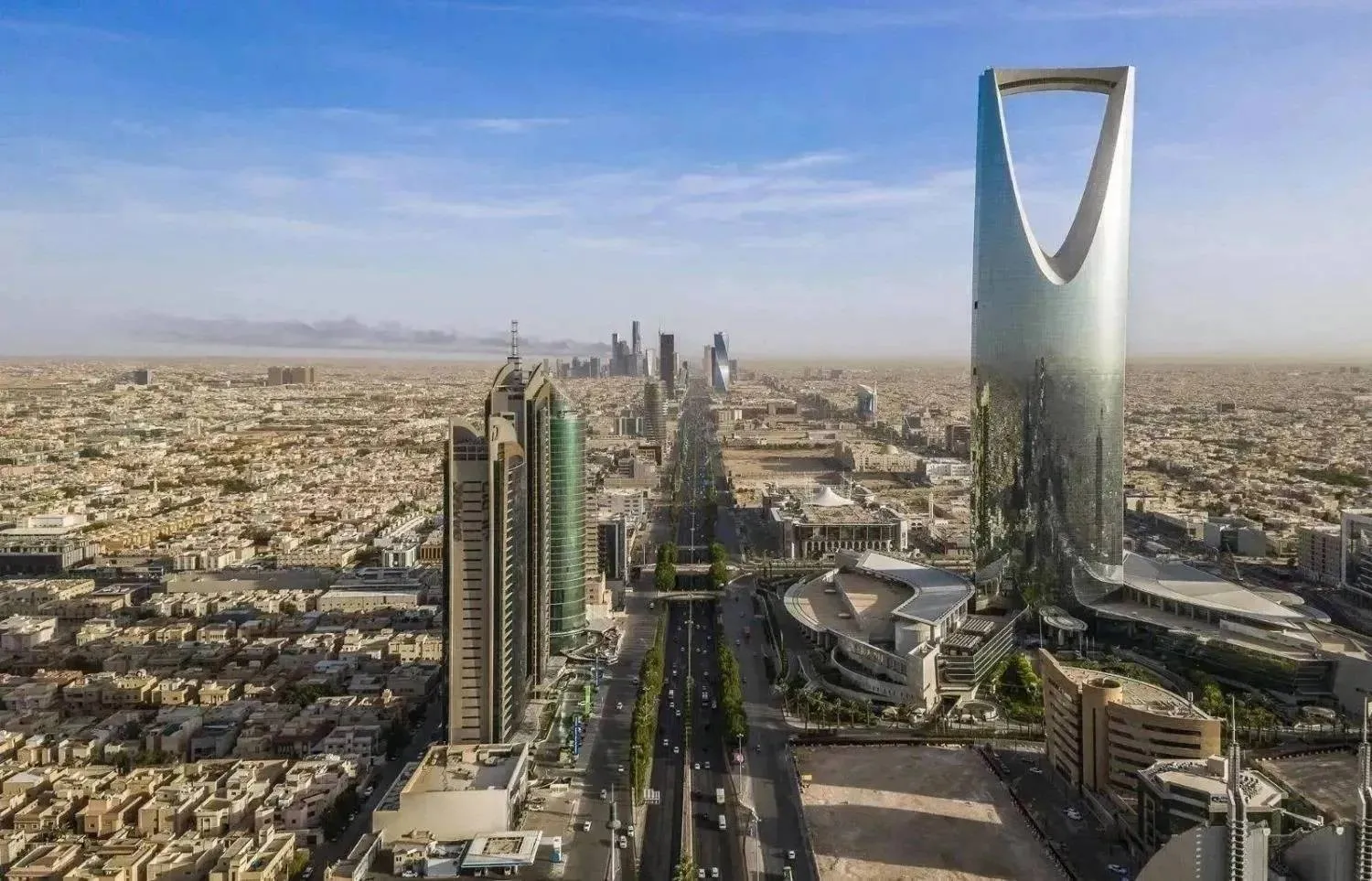Oil prices stabilized in Asian trade on Monday as investors sought cues from broader financial markets, while comments by Russian President Vladimir Putin over the weekend ratcheted up geopolitical tensions in Europe.
Brent crude futures held unchanged at $74.99 a barrel at 0357 GMT after hitting a session high of $75.64. US West Texas Intermediate crude was at $69.29 a barrel, up 3 cents, after rising to $69.92 earlier in the session.
Brent rose 2.8% last week, while WTI rebounded 3.8% as jitters in the banking sector eased.
Oil markets are closely watching the sentiment in financial market, while oil fundamentals remain sidelined, said Vandana Hari, founder of oil market analysis provider Vanda Insights.
"Expect most price action in Brent and WTI futures to occur during the Europe and US trading hours, marked by plenty of intraday volatility," Hari said.
"A strong rebound is not on the cards until the (banking) crisis dissipates fully, which could take days, if not weeks," she added.
Keeping a lid on oil's gains, the dollar was firm on Monday as investors assessed regulators' moves to rein in jitters in the global banking system.
A stronger dollar makes dollar-denominated commodities more expensive for holders of other currencies and tends to weigh on demand for oil.
Prices drew some support from President Vladimir Putin comments that he will station tactical nuclear weapons in Belarus, escalating geopolitical tensions in Europe over Ukraine.
NATO criticized Putin on Sunday for what it called his "dangerous and irresponsible" nuclear rhetoric.
Russia's Deputy Prime Minister Alexander Novak said on Friday that Moscow was very close to achieving its target of cutting crude output by 500,000 barrels per day (bpd) to around 9.5 million bpd.
Despite lowering output, Russia is expected to maintain crude oil exports by cutting refinery output in April, data from industry sources and Reuters calculations showed on Friday.
Exports of Russian oil products have to date been more affected than crude exports by a recent European Union embargo, with tons of diesel stuck on ships awaiting buyers.
Analysts said Russian crude inventories have been rising since September last year, and the country would likely want to avoid further stockbuilds during refinery maintenance season from March to June.
"If Russia wants to draw down the inventories that it has built, output cuts may need to be extended beyond June," analysts at FGE said in a note.
Meanwhile, in France, industrial action is disrupting refineries, reducing crude demand and fuel production.
Investors are also watching out for China's manufacturing and services purchasing managers' indexes (PMIs) to be releases later this week.
In the US, oil rigs rose four to 593 last week, up for the first time in six weeks, while gas rigs held steady at 162, energy services firm Baker Hughes Co said in a report on Friday.









